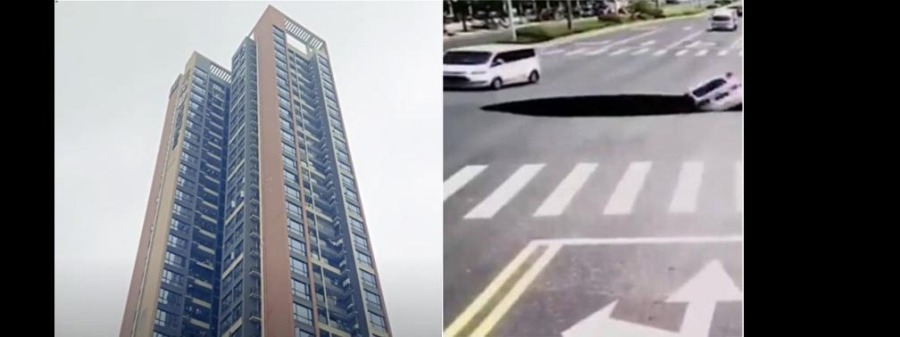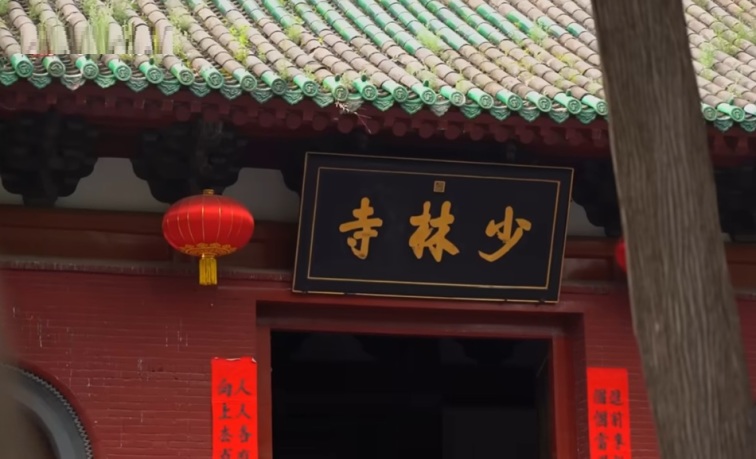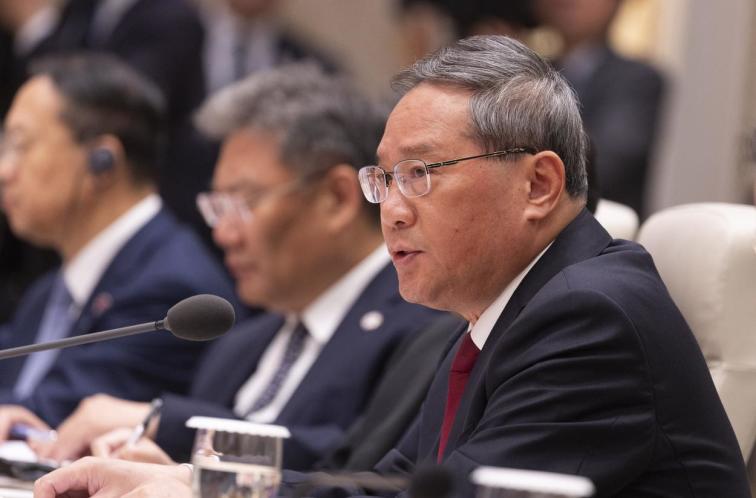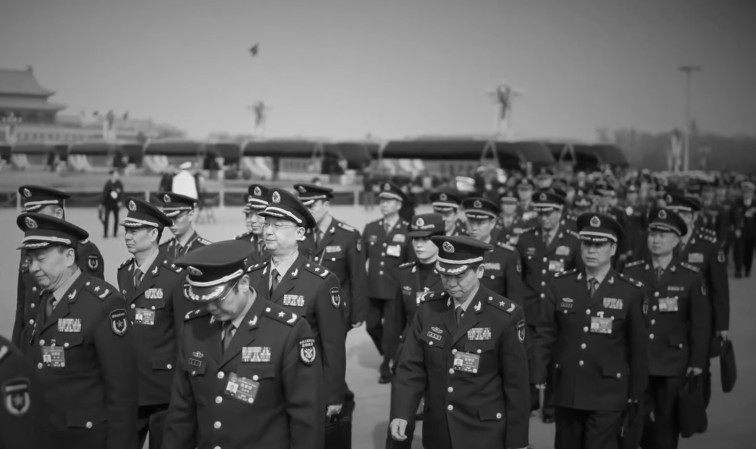China’s real estate market began to decline around September 2021, and so far, prices in major cities have fallen by more than 20%. (Screenshot from the internet)
[People News] Since around September 2021, China’s real estate market has been in decline, with housing prices in major cities falling by more than 20%. At the “Urban Work Conference” convened by the CCP on July 15 this year, the future development of China’s housing market was redefined: shifting from “expansion of new supply” to “upgrading the quality and efficiency of existing stock.” This means no more massive demolition and construction as before, but rather a focus on urban renewal.
Still the same trap.
1. As long as there is buying and selling, the CCP makes money
During the process of the property bubble expanding, many people had a similar experience: save up for a down payment, buy an apartment in a county town. When prices rise, sell it, and use the profit as a down payment to buy in a city. Prices rise again, sell, and use the profit to buy in the provincial capital. Each time, they successfully made money and felt their net worth growing. Finally, they sold their property for a total of 2 million yuan, which became the down payment for a 5 million yuan apartment in the south.
But the game of passing the parcel always ends. The property market collapsed overnight. The millionaire became a debtor.
This was a trap from the beginning. The money we earned selling a house was the money the buyer lost. The money we lost was the money someone else earned. It was just gambling, bringing no positive effect to the national economy.
It’s like four people playing mahjong at a table. One person wins today, feeling happy about “increased income.” Tomorrow they lose, but someone else wins — their money. Overall, the four people’s wealth hasn’t grown; the money just moves between hands.
But there is one party that always makes a sure profit. Who? The CCP’s officials at every level. As long as you buy or sell, you must pay taxes. They don’t care if you’re rich or poor, win or lose — as long as there’s money. The higher the house price, the higher the taxes, and their coffers swell.
2. Only new housing brings big profits
There’s another fundamental flaw in China’s real estate policy.
For comparison, take Canada. In Canada, the government collects little tax during property transactions. But there is a property tax (land tax). Once you buy a house and its land, the land becomes private property. Whoever owns it — whether Zhang San or Li Si — must keep paying tax. So once a neighborhood is developed and planned, there will naturally be buyers, there will naturally be property tax, and the government can function normally.
This sounds normal, nothing unusual. But there is one very abnormal place: China.
In China, when you buy a home, about 70% of your money goes to the government (the CCP) — and that’s not even counting the developer’s and agent’s cut. That means if you buy a 1 million yuan apartment, the property itself might only be worth 200,000-plus yuan, while the CCP takes the rest. And the land still belongs to the state (the CCP).
The “good” part is there’s no property tax. Once you’ve bought it, you don’t have to pay taxes again — you can rest easy.
But not everyone is happy. Who’s unhappy? Local officials.
Think about it: the previous corrupt official sold a big plot of land, pocketed a fortune, and then either stepped down or got promoted. The new corrupt official takes over — how to get money now? There’s no property tax! So, they sell another piece of land. But ordinary people might not want to buy, and developers might not want to bid. So they need supporting measures: move the county or city government to that district, move the best schools there, move important government offices there. People, for convenience or under pressure, end up buying houses in the new district. And just like that, the money rolls in again.
This pattern is repeated almost everywhere in China. Take the provincial capital of Guizhou, Guiyang, as an example. It originally had two old districts, Nanming and Yunyan. With little space left to build, they developed Guanshanhu District, moved Guiyang No. 1 High School there, and relocated some government agencies — made a killing, then ran out again. So they found another spot and developed Gui’an New Area.
Nothing against Guiyang — it’s like this nationwide. How else did China end up with 600 million housing units?
But in many other places, land is limited and can’t withstand such constant use. When there’s no way forward, they turn to the old housing stock: urban renewal.
Urban renewal doesn’t bring much profit. Corrupt officials then remember — property tax. And so, even this one remaining “benefit” for homeowners is now on the verge of disappearing.
3. Why Has the Property Tax Still Not Arrived?
When implementing a property tax, the usual rule is that primary residences are exempt, so China’s largest group — the poor majority — can’t be sheared like sheep.
Property tax is typically charged as a percentage, and the more properties one owns and the higher their value, the higher the tax rate. So, who would end up paying the bulk of this property tax? Those people would surely oppose it fiercely.
In China, any new policy must be designed to “harvest” ordinary people — never those in power. Unless the property tax rules are carefully crafted to avoid hitting the wrong heads, it will never be implemented.
4. As Long as the Fish Bites, There’s Money to Be Made
Now a new policy has been launched: developing “better housing.” The logic is the same. Old and aging housing offers little profit potential, so the real money lies in new housing. But if the public is reluctant to buy, what’s the solution? Build “better houses” to lure them in — there will always be some fish that take the bait.
You might ask: “There are capable people within the CCP — why don’t they fix such an obvious flaw?”
The reality is, within the CCP, how many truly still believe in it? Those with competence and integrity are often suppressed, while those who rise to the top are usually masters of intrigue. A small number of idealists may be angry but dare not speak out. The corrupt ones are simply grabbing what they can before the end, driven by a doomsday mentality. The clear-minded quietly scale the Great Firewall, quit the CCP to ensure their own safety, and wait for the Party’s collapse.
As long as the CCP remains in power, this is a dead end.











News magazine bootstrap themes!
I like this themes, fast loading and look profesional
Thank you Carlos!
You're welcome!
Please support me with give positive rating!
Yes Sure!